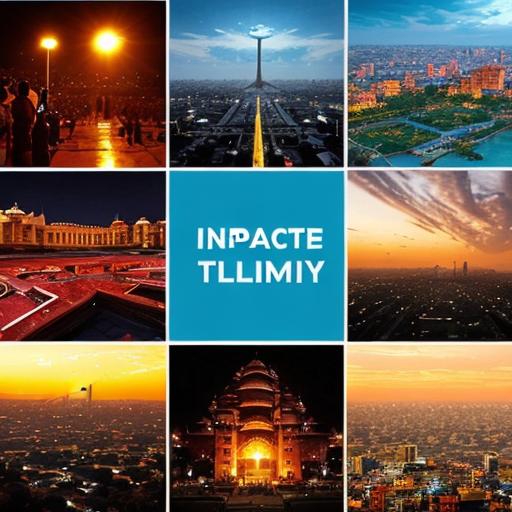Introduction:
In the vibrant tapestry of Indian culture, the film and television industry holds a prominent place, not just as an entertainment medium but as a powerful influencer of public opinion. This blog explores the profound impact of the Indian film and television industry in shaping perspectives, influencing societal narratives, and leaving an indelible mark on the collective consciousness.
Entertainment as a Mirror of Society
1. Cultural Reflections:
Explore how films and television reflect the cultural nuances of Indian society, serving as a mirror that captures and portrays the diverse realities, traditions, and challenges faced by the nation.
2. Societal Commentary:
Discuss the role of entertainment in providing nuanced societal commentary, addressing issues such as gender dynamics, caste disparities, and socio-economic challenges that resonate with audiences.
Political Narratives in Entertainment
3. Political Storytelling:
Uncover the impact of political storytelling in films and television series, examining how narratives shape public perception, influence political discourse, and contribute to civic awareness.
4. Portrayal of Political Leaders:
Highlight the portrayal of political leaders in films and TV, discussing how these representations impact public opinion, contribute to political branding, and influence voter sentiments.
Social Issues and Advocacy
5. Addressing Social Stigmas:
Explore how the entertainment industry addresses social stigmas, advocating for inclusivity and tolerance, and contributing to the dismantling of stereotypes and prejudices.
6. Health and Environmental Awareness:
Discuss the role of entertainment in raising awareness about health issues, environmental concerns, and social responsibilities, fostering a sense of collective consciousness.
Influencing Cultural Trends
7. Fashion and Lifestyle Trends:
Highlight the influence of films and television in shaping fashion and lifestyle trends, exploring how on-screen portrayals impact consumer choices and cultural preferences.
8. Language and Dialogues:
Discuss the cultural impact of iconic dialogues from films and TV series, examining how these linguistic elements become a part of everyday conversation, shaping cultural expressions.
Public Reaction and Movements
9. Inspiring Social Movements:
Explore instances where entertainment has inspired social movements, examining how films and television series act as catalysts for change, mobilizing public support for various causes.
10. Celebrity Activism:
Discuss the role of celebrities in leveraging their influence for social causes, examining how their activism contributes to public awareness and drives societal change.Political Satire and Critique
11. Satirical Content:
Uncover the impact of satirical content in films and TV shows, discussing how humor and satire provide a platform for political critique, encouraging a critical analysis of governance.12. Freedom of Expression:
Highlight the role of the entertainment industry in promoting freedom of expression, examining how it serves as a space for artists to express dissent, challenge norms, and question authority.Digital Era and Changing Dynamics
13. Digital Platforms and Global Reach:
Discuss how the advent of digital platforms has transformed the reach of Indian entertainment, examining its global impact and influence on international perspectives.14. Real-time Audience Interaction:
Explore how real-time audience interaction through social media has changed the dynamics of entertainment, allowing immediate feedback and shaping content in response to public sentiments.Commercialization and Ethical Considerations
15. Commercialization of Narratives:
Discuss the commercialization of narratives in the entertainment industry, examining the balance between profit motives and the ethical responsibility of shaping public opinion.16. Addressing Ethical Concerns:
Highlight the ethical considerations in entertainment, exploring how the industry navigates issues such as cultural appropriation, representation, and responsible storytelling.Audience Empowerment
17. Media Literacy and Critical Thinking:
Explore the role of entertainment in promoting media literacy and critical thinking, discussing how audiences are empowered to discern information and narratives.18. Audience Response as a Driving Force:
Discuss how audience response serves as a driving force, influencing the direction of future content, and shaping the responsibility of the entertainment industry in shaping public opinion.Conclusion
“Screening Perspectives” invites readers to delve into the impactful realm of the Indian film and television industry. From reflecting societal realities to influencing political narratives, this blog illuminates the multifaceted role of entertainment in shaping public opinion, fostering cultural dialogues, and leaving an enduring imprint on the collective consciousness of the nation.”

